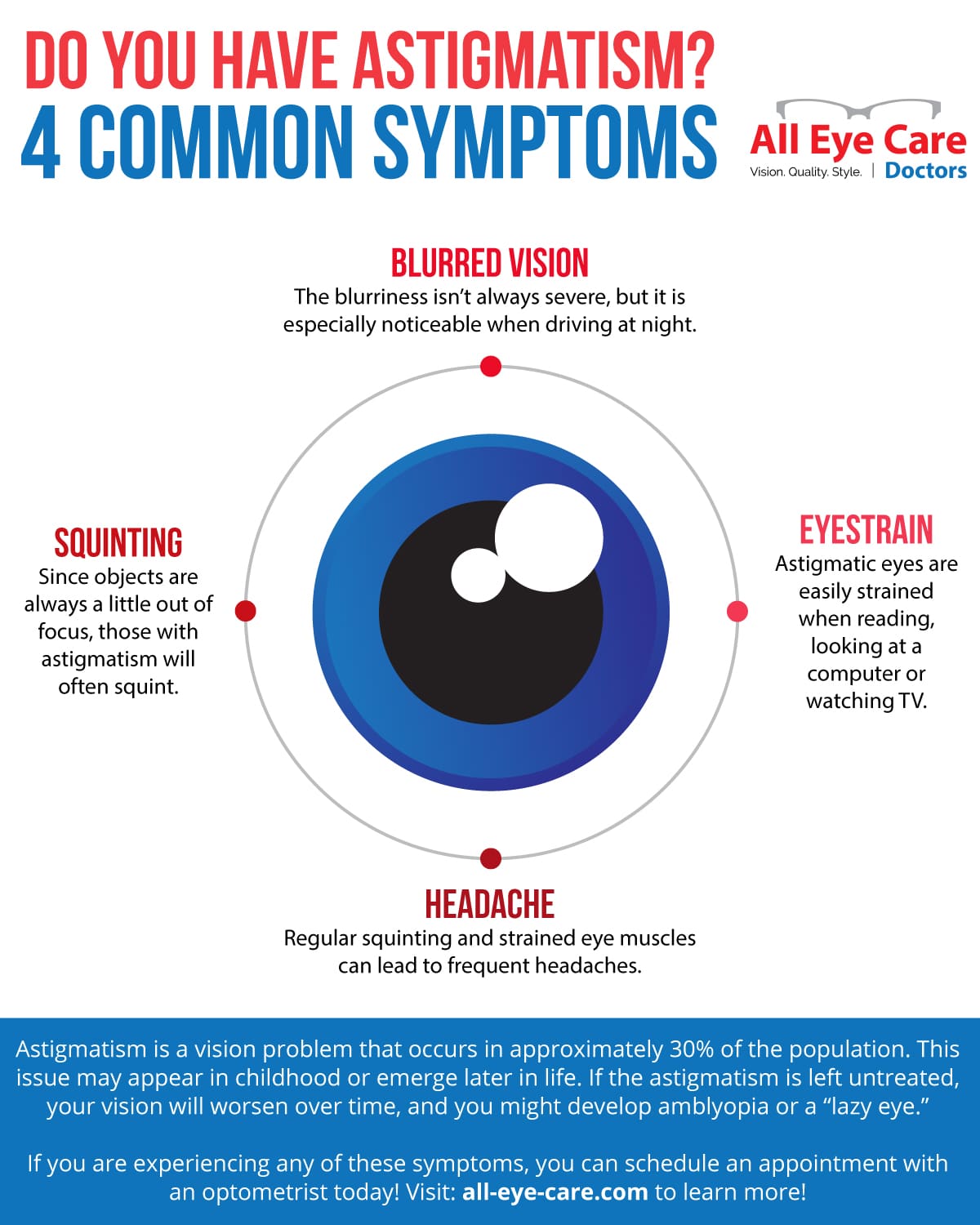Pondering SMILE Surgical Procedure? Investigate Essential Aspects And Insights That Will Certainly Assist You In Getting To A Thoughtful Choice Concerning Your Aesthetic Future

Material Writer-Diaz Thestrup
If you're contemplating SMILE eye surgery, contemplate this: are you prepared to embrace prospective visual flexibility, or does the thought of any type of risks make you think twice? Your choice will certainly hinge on a careful equilibrium of considering the advantages against the uncertainties. It's critical to dive deeper into the nuances of SMILE surgical procedure to make an informed choice that aligns with your aesthetic objectives.
Comprehending SMILE Eye Surgery
When thinking about SMILE Eye Surgical treatment, it is necessary to understand the treatment and its advantages. SMILE, which represents Little Laceration Lenticule Extraction, is a minimally invasive laser eye surgical procedure that deals with usual vision troubles like myopia (nearsightedness).
During the procedure, your eye surgeon will certainly utilize a femtosecond laser to develop a tiny cut in your cornea. With this laceration, a little disc of tissue called a lenticule is removed, improving the cornea and correcting your vision.
Among the vital benefits of SMILE Eye Surgical treatment is its fast recuperation time. Many clients experience improved vision within a day or more after the treatment, with very little pain.
In addition, SMILE is recognized for its high success price in giving lasting vision adjustment. Unlike LASIK, SMILE doesn't require the production of a flap in the cornea, decreasing the threat of issues and allowing for a more secure corneal structure post-surgery.
Recognizing the treatment and its benefits is vital when taking into consideration SMILE Eye Surgery for vision modification.
Benefits and drawbacks of SMILE
Considering SMILE Eye Surgical procedure for vision improvement features different advantages and prospective disadvantages.
Among the major pros of SMILE is its minimally intrusive nature, as it includes a little cut and typically results in fast recuperation times. Caruncle is also known for causing minimal pain and dry eye signs post-surgery contrasted to various other vision improvement approaches. Additionally, SMILE has actually been revealed to provide superb visual results, with numerous people accomplishing 20/20 vision or better.
On the other hand, a prospective disadvantage of SMILE is that it may not be suitable for individuals with serious refractive errors, as the treatment range is rather restricted contrasted to LASIK. An additional factor to consider is that the knowing curve for surgeons carrying out SMILE can influence the availability of skilled providers in certain locations.
It's important to evaluate these advantages and disadvantages meticulously when determining if SMILE is the ideal option for your vision improvement requirements.
Identifying Qualification for SMILE
To determine if you're qualified for SMILE eye surgical procedure, your eye doctor will certainly perform a detailed evaluation of your eye health and wellness and vision needs. During this analysis, variables such as the stability of your vision prescription, the thickness of your cornea, and the general health of your eyes will be assessed.
Usually, prospects for SMILE are over 22 years old, have a stable vision prescription for at the very least a year, and have healthy and balanced corneas without conditions like keratoconus.
Your eye doctor will likewise consider your overall eye health and wellness, any kind of existing eye conditions, and your way of living needs to identify if SMILE is the right selection for you. It's vital to communicate any particular visual needs or issues you may have throughout this assessment to make sure that the therapy lines up with your assumptions.
If you aren't eligible for SMILE, your eye doctor might recommend alternative vision correction alternatives that better match your private requirements and eye health and wellness condition.
Verdict
Eventually, choosing whether SMILE eye surgical procedure is right for you calls for mindful factor to consider of your specific eye wellness and aesthetic needs. Consult with your optometrist to identify your qualification for the treatment and evaluate the possible benefits and drawbacks. Bear in mind to interact any kind of issues or questions you may have during the assessment procedure to make an informed decision regarding your vision improvement alternatives.

